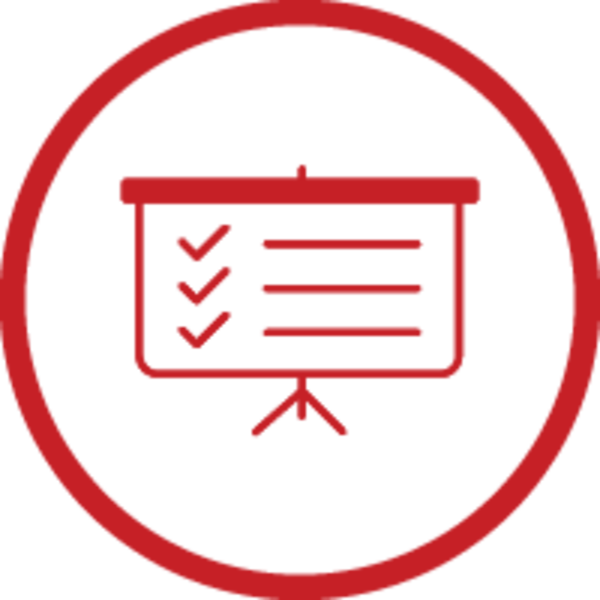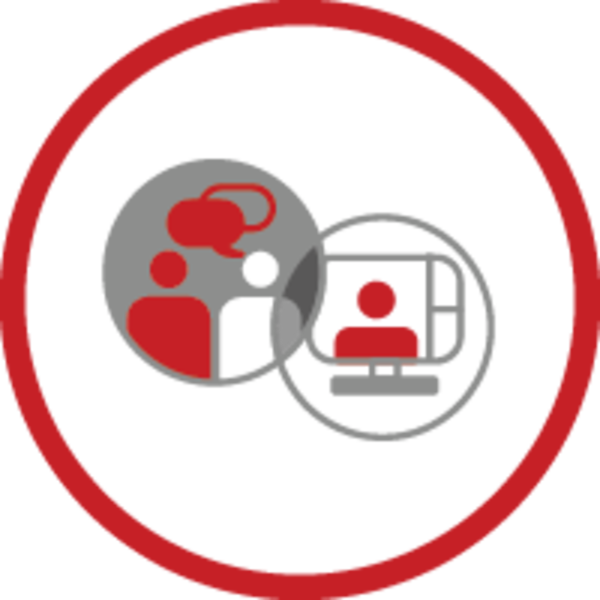
HEALING THE HURT
Resilience Following Feelings of Business Betrayal
Though there are many variations of the sentiment Forgive others—not to free them—but to free yourself, betrayal is among the most painful of all human experiences, and therefore forgiving betrayal is much easier said than done.
When most of us see the word “betrayal,” we tend to assume “affair,” but betrayal comes in countless forms, and business betrayal is certainly among them. The essence of betrayal is the sense of being harmed by the intentional actions or omissions of a person we trust deeply but, according to research by The Reina Trust Building Institute, approximately 85% of workplace betrayal occurs unintentionally. Whatever the cause, purposeful or not, breaches of workplace trust can lead the betrayed to feel afraid, angry, disgusted, distressed, disassociated, hurt, insecure, lonely, lost, sad, self-doubting, shattered, shocked, surprised, undermined, unmoored, and much, much more.
Common workplace betrayal might include the disclosure of another person’s confidential information, disloyalty, dishonesty, gossip, spreading rumors, or hanging him/her out to dry/thrown under the bus, and typically occurs in one of three ways: (1) Incrementally over a long period of time (one small slight by one small slight, eventually accruing like a snowball that slowly tips the scale from trustworthy to untrustworthy, after which the betrayed either mentally checks out or physically walks out), (2) Instantly (once = over and done with, forever, à la, “I’m done” or “You’re dead to me” or "Cancel Culture"), or (3) Hysteretically (a real word, whereby hard-fought, long-earned trust erodes over time and then—in a nanosecond—is gone forever).
In extreme cases (especially those perpetrated by family members and/or spouses, both of whom we are wired to trust implicitly as they protect or provide for us), violations of trust can be so grievous that they lead to betrayal trauma (tantamount to PTSD), after which the betrayed becomes morbidly pre-occupied and experiences self-esteem deficit and perhaps even mental contamination (whereby both the offense and the offender become triggers leading the betrayed to feel guilty, immoral, internally dirty, or ashamed). OCD behaviors are not uncommon thereafter, as the betrayed seeks to expunge his/her perceived “dirtiness” through obsessive cleaning, separation, organization, physical distancing, and the like.
Betrayal—the ultimate violation of trust—requires thoughtful examination in order to be processed and cast out. Healing the Hurt facilitates this process, ultimately concluding with a series of steps participants can consider to quarantine betrayal, reframe it, tap one’s inner resilience reservoir, and ultimately proceed past the act(s) toward a healthier state of being (and thriving).
HEALING THE HURT Volumes Include
Volume 1:
Betrayal—The Ultimate Trust Breaker
Volume 2:
Causes
Volume 3:
Consequences
Volume 4:
Resilience
Volume 5:
Moving Forward
Components

Slides

Facilitated Dialogues
Audience(s)
Any employee struggling to overcome feelings of bitterness, resentment, contempt, anger, or hurt resulting from a sense of personal betrayal in the workplace.
Duration(s)
Approximately 2 hours.
Investment/Range
$195/pp. (Multi-participant and multi-volume bundles available. Contact a Program Advisor for details.)
Format(s)

Live Online

In Person

Blended Learning
Leath Learning Pillar(s) this Solution Supports

Change

Leadership

Communication
TBD
Available upon request.
Contact a Program Advisor
to request a date or more information
by emailing learning@leathgroup.com.
READY TO ROLL? IT’S AS EASY AS 1, 2, 3!
What’s Next?
After you either contact us or complete your application form, a Program Advisor will be your passport to participation, but should you have any questions regarding deferrals, substitutions, cancellations, refunds, credits, or attendance, please see our FAQs or Policies.
We look forward to hosting you and supporting your ongoing leadership development.
Thank you for your trust in us.


